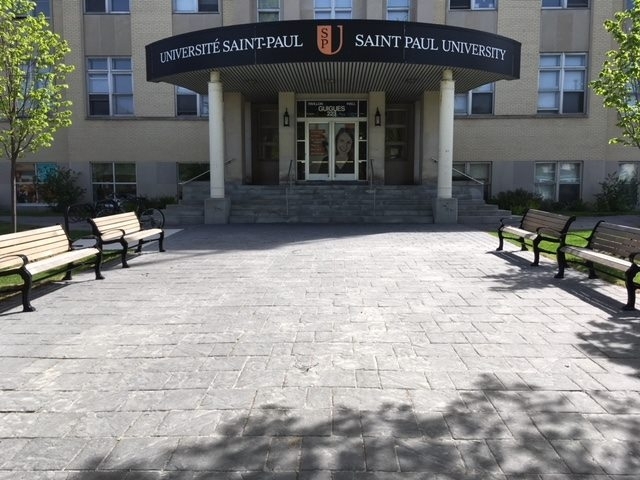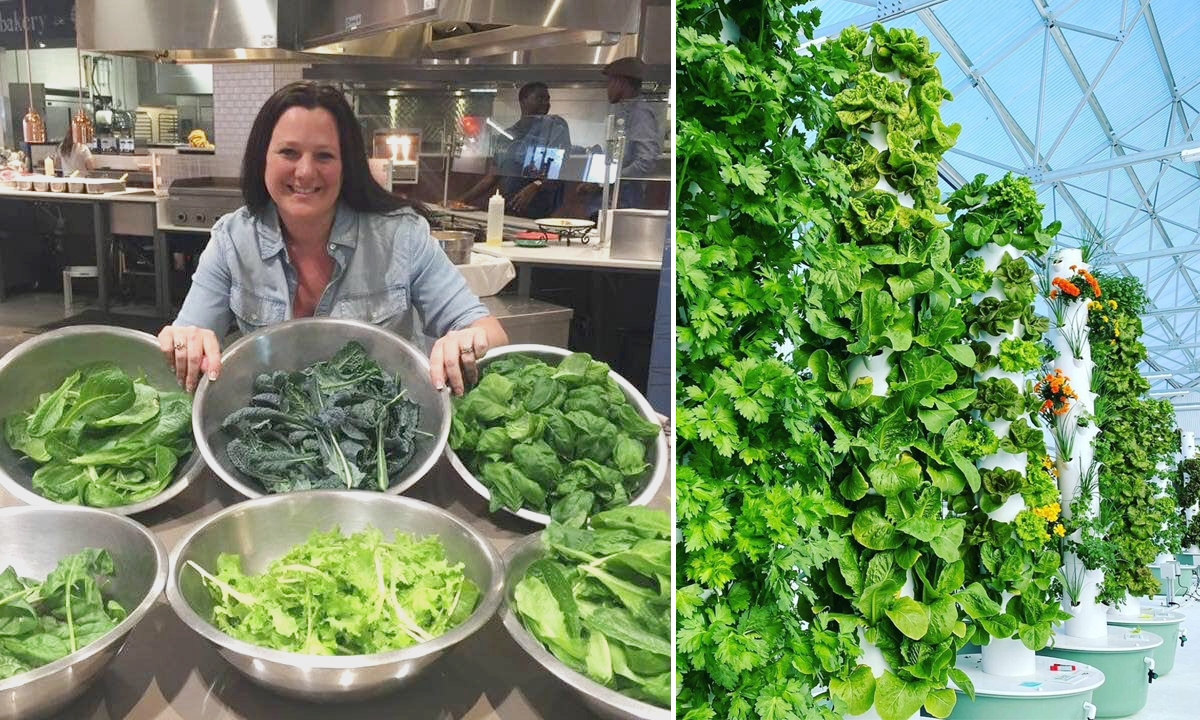
An SPU professor takes part in building an integrated food policy for Canada
Richard Viger is first-year student in the master’s in public ethics and a student ambassador
In a special issue of the journal Canadian Food Studies, sociologist Amanda Wilson co-wrote a letter to the food policy community. The objective? To seek out a wide range of expertise in order to redesign the Canadian food system and to address economic disparities. At a time of year filled with culinary rituals, the letter reminds us that unfortunately, many Canadians still do not have a place at the table.
Bringing many skills to the table

An assistant professor at the Élisabeth Bruyère School of Social Innovation, Wilson is also a food movement expert, a champion of alternative food movements and a former farmer. After working for more than a year on this special issue with two colleagues from Carleton University and Lakehead University, she is proud of her contribution to help inform an integrated food policy that will hopefully allow for more safe and healthy food to be placed on tables across Canada, while at the same time protecting the environment. “This project was an incredible opportunity to effect change, and I’m very pleased to be part of it,” she says.
Harmonizing legislation
Why an integrated policy? Despite the best efforts of vegan locavores who love fair-trade products, most so-called responsible individual behaviours will not be enough to fix the major flaws in the Canadian food system. On this point, Wilson is emphatic: “Shopping at the local organic market is great, but it needs to be more than that: to rectify inequalities, we must review our behaviours and change our laws. The policies that are in place often have isolated and short-term effects. We have to stop working in silos and looking only short-term.”
Admitting our wrongs
What inequalities are we talking about? Her answer reveals more than one. “In Canada,” she says, “colonialism is still evident in many ways in the production chain. Thousands of migrant workers who pick our vegetables, for example, do not enjoy the same rights and protections as the rest of us.”
This colonial dynamic also affects those who inhabited this land long before settlers arrived. Wilson explains: “The Canadian system of food subsidies for Indigenous communities in the Far North is totally ineffective and destroys traditional provisioning systems. As settlers (and I’m one of them), we forced them to stop hunting on their own lands and to pay $26 for a litre of orange juice. It’s a terrible mess, and we must recognize that. In Nunavut, the food insecurity rate among children is 60 per cent. It’s totally unacceptable.”
Highlighting inequalities
Food insecurity also affects a higher proportion of vulnerable people across the country. “The latest statistics,” Wilson points out, “refer to one in every eight households in Canada as a whole and one in 12 households in Ottawa. For immigrants, these rates are even higher. Current social assistance programs are not sufficient. Income insecurity,” which she believes affects a significant number of small farmers, “is another effect of our flawed food policies.”
Getting back to basics
Any complex problem requires a complex solution, and anything related to the production, distribution and consumption of food is no exception. “Our food system is an opportunity to work together to transform our society”, she explains. “And the process is already under way. We need to support this momentum through food policies based on consultation.” The stakeholders involved are not only scientists, legislators and civil society, but also, and above all, the First Peoples. “Sustainable land management is a core issue when we talk about food production in relation to climate change,” notes Amanda Wilson. “To succeed, we have to learn from their wisdom on this subject.”













